"Trainees learn principles at PETA which can be applied to any task, situation or subject they encounter. My drive and role is to enable trainees to have enough confidence to meet the above."
What led you to work for PETA?
My background is predominantly military. I joined the RN in 1979 and transited directly into diesel-electric submarines. I learned to transmit and receive morse code and type at 30wpm, repair aerial connections and clean toilets. As technology developed, I ended up in a team supporting various international organisations in terms of technical operations.
The Nuclear Engineering role developed out of boredom whilst serving in an SSBN and led me down a completely different but complementary route.
It was a combination of these two roles which led me to work at HMS Sultan when I returned to the UK from Canada. I learned to deliver courses to apprentices and trainees within the ‘electronic controls’ division. The courses covered both practical and academic aspects of control systems. Each nuclear controls course at Sultan was specifically aimed at RN trainees ranging from Leading Hand to Commander. A year was spent in the marine industry as an electronics specialist on extremely high-end yachts. The work held no challenges and a return to teaching was sought.
PETA is reminiscent of the military in some ways, and I was fortunate to be offered a teaching role within what is a premier training provider.
What is your role at PETA and what drives you to do what you do?
I deliver BTEC courses in electronics in both academic and practical disciplines. I am a course tutor, coach and mentor. Education is the answer to just about every problem on the planet. Trainees learn principles at PETA which can be applied to any task, situation or subject they encounter. My drive and role is to enable trainees to have enough confidence to meet the above.
What knowledge and experience do you draw upon for your role?
Having taught BTEC prior to the teaching role at PETA, there is both knowledge and experience to draw on. However, this role at PETA is specific to the requirements of the trainee/employer and requires whatever knowledge and experience necessary to meet their needs. If any skills are not present, then they are acquired. If knowledge is needed, then it is researched.
How do you approach your role on a day-to-day basis? What skills are required?
Approach each day carefully with planning and forethought. Colleagues matter, so listening to them is vital. Teamwork is key. Required Skills include planning, evaluation, preparation and the ability to spin on a sixpence.
What is your teaching style?
My teaching style varies according to the learners’ needs. To summarise my learning style is not simple, best described as appropriate, variable, and tailored.
Probably best summed up by an ‘oldie’ called W Shakespeare
All the world's a stage,
And all the men and women merely Players;
They have their exits and their entrances,
And one man in his time plays many parts,
His Acts being seven ages.
What are you passionate about outside of work?
I am passionate about a number of things. My family, something I didn’t really consider too much until a few years ago but I am lucky enough to have one. My boat, a retired trawler which is in use as both pleasure and workboat. It can go to sea as needed. Maintaining this vessel takes many hours and develops my skills as a shipwright, electrician, electrical, electronic, mechanical engineer and ships’ master running both vessel and crew. My border collie, a dog who has more sea miles in than most people I know and is brighter than most.
I am also passionate about bringing about a fairer political system where peoples votes’ count. I am part of ‘Make Votes Matter’ and with a small team, run a lobbying group called PR56. It has around 28,000 members who are actively campaign for the establishment of Proportional Representation and the removal of the ancient, unrepresentative and undemocratic ‘first past the post’ voting system.
What are your personal values, and what is important to you?
One thing I learned very early on in the RN Submarine Service when using morse code, unless you’re silent, you cannot receive what the other person is sending. That’s true in life. Develop listening skills. I believe in Integrity, fair play, honesty, accountability, democracy, intelligence, creativity, willingness to learn, personal development, aims and objectives, ambition, caution, happiness, and wisdom. This list is not exhaustive! Some of these I have, most are what I aspire to. It is important to never give up and never give in.
Adapt and Overcome.
